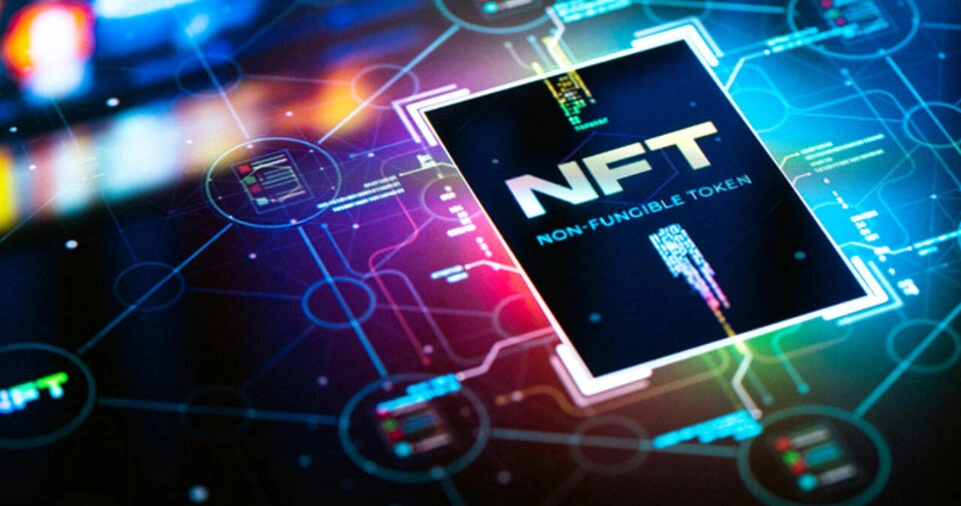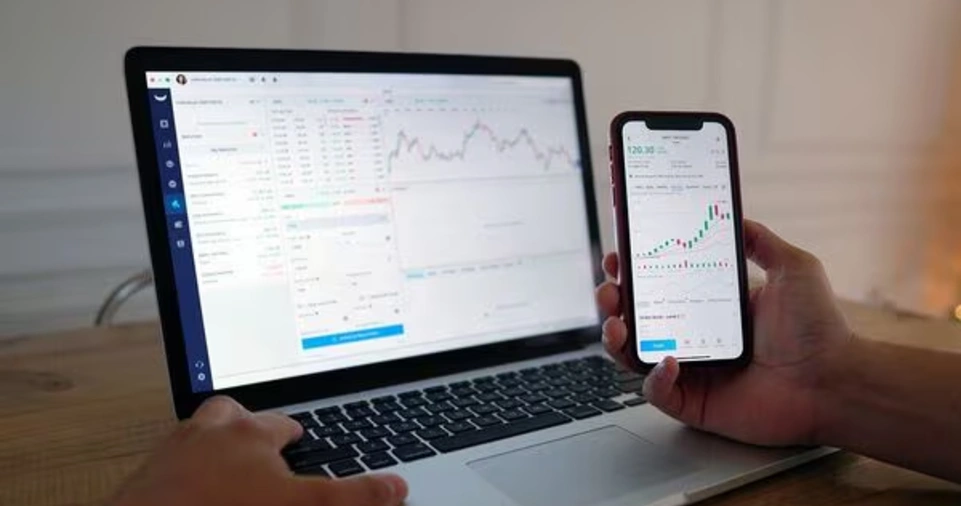The NFT (Non-Fungible Token) market has seen explosive growth over the past few years, attracting investors, artists, collectors, and traders worldwide.
With the increasing number of NFT marketplaces, choosing the right platform can be overwhelming.
Whether you are an artist looking to sell your digital art, an investor aiming for profitable trades, or a collector searching for exclusive digital assets, selecting the best NFT marketplace is crucial for success.
The right platform ensures secure transactions, low fees, and a user-friendly experience while providing access to the most lucrative NFT opportunities.
When choosing an NFT marketplace, it’s essential to evaluate factors such as blockchain compatibility, security measures, trading fees, user experience, and the type of NFTs supported.
Additionally, understanding whether the marketplace operates in a centralized or decentralized manner can significantly impact your trading experience.
In this guide, we will explore in-depth the key factors to consider before selecting an NFT marketplace, the pros and cons of different platforms, and tips for making informed trading decisions.
Understanding NFT Marketplaces
What is an NFT Marketplace?
An NFT marketplace is a digital platform that allows users to buy, sell, trade, and mint NFTs.
These marketplaces function similarly to online stores but deal exclusively with blockchain-based digital assets.
Users can list their NFTs for sale, bid on auctions, or purchase fixed-price NFTs using cryptocurrencies.
NFT marketplaces operate on blockchain technology, ensuring transparency, security, and authenticity of transactions.
The decentralized nature of blockchain means that once an NFT is minted and sold, its ownership can be easily verified and transferred without intermediaries.
However, some platforms are more centralized, offering enhanced security but requiring users to go through verification processes.
Types of NFT Marketplaces
There are two main types of NFT marketplaces:
- General NFT Marketplaces – These platforms support various types of NFTs, including digital art, gaming items, virtual real estate, music, and collectibles. Examples include OpenSea and Rarible.
- Niche NFT Marketplaces – These cater to specific industries, such as gaming NFTs, music NFTs, or photography NFTs. Examples include Magic Eden (gaming NFTs) and SuperRare (high-quality digital art NFTs).
Key Factors to Consider When Choosing an NFT Marketplace

Determine Your Needs and Goals
Before selecting an NFT marketplace, you must define your goals.
Are you looking to trade NFTs for profit, showcase and sell your artwork, or invest in digital collectibles?
Your objective will help narrow down the best marketplace for your needs.
For example:
- Artists and Creators – Platforms like Rarible and Foundation allow artists to sell their work with royalties.
- Investors and Traders – Platforms like Blur and LooksRare offer low trading fees and high liquidity.
- Collectors – OpenSea and SuperRare provide access to rare and exclusive digital collectibles.
Consider the Blockchain Used
Each NFT marketplace operates on a specific blockchain, and the choice of blockchain affects transaction speed, security, fees, and compatibility with wallets.
Below are some common blockchains used for NFTs:
- Ethereum (ETH) – Most widely used, offering high security but higher gas fees.
- Solana (SOL) – Faster and lower fees, ideal for gaming and high-frequency trading.
- Polygon (MATIC) – Ethereum-compatible with reduced transaction costs.
- Binance Smart Chain (BSC) – Cost-effective, though less decentralized than Ethereum.
Choosing a blockchain that aligns with your trading needs ensures seamless transactions and better cost efficiency.
Marketplace Reputation and Security
Security should be a top priority when selecting an NFT marketplace. A reputable platform should have strong security protocols, including:
- Two-factor authentication (2FA)
- Smart contract audits
- Cold storage for digital assets
- User verification to prevent scams
Research user reviews, community discussions, and past security breaches before committing to a platform.
Transaction Fees and Costs
Different marketplaces have varying fee structures, which can significantly impact profitability.
Common fees include:
- Minting Fees – Costs associated with creating an NFT.
- Listing Fees – Charges for listing an NFT for sale.
- Trading Fees – A percentage of the transaction taken by the platform (e.g., OpenSea charges 2.5%).
- Withdrawal Fees – Fees for transferring earnings to a crypto wallet.
Choose a marketplace with a fee structure that suits your budget and trading strategy.
User Experience and Interface
A well-designed, user-friendly interface makes it easier to navigate listings, bid on NFTs, and track transactions.
Consider platforms that offer:
- Mobile and desktop compatibility
- Seamless wallet integration (e.g., MetaMask, Trust Wallet, Phantom)
- Advanced search and filtering options
- Auction and bidding system
Liquidity and Trading Volume
Liquidity is crucial for NFT traders looking to buy and sell assets quickly.
High-volume marketplaces, such as OpenSea and Blur, ensure that NFTs are sold faster due to a larger user base.
Always check the trading volume and liquidity before selecting a platform.
Royalties and Creator Benefits
If you are an artist, royalties play a crucial role in your earnings. Some platforms allow creators to earn a percentage of future sales.
Marketplaces like Rarible and SuperRare offer customizable royalty options.
Centralized vs. Decentralized Marketplaces
- Centralized Marketplaces – More secure but require user verification (e.g., Binance NFT).
- Decentralized Marketplaces – Offer full control over assets but require self-custody of wallets (e.g., OpenSea).
Choose a model that aligns with your security preferences and trading approach.
ALSO READ: How to Choose the Right Blockchain Platform for Your Business
Top NFT Marketplaces to Consider
OpenSea
- Blockchain: Ethereum, Polygon, Solana
- Best for: General NFTs, high liquidity
- Fees: 2.5% per sale
Blur
- Blockchain: Ethereum
- Best for: Pro traders, low fees
- Fees: 0% on marketplace transactions
Rarible
- Blockchain: Multi-chain (Ethereum, Flow, Tezos, Polygon)
- Best for: Artists and collectors
- Fees: 2.5% per sale
Magic Eden
- Blockchain: Solana, Ethereum, Polygon
- Best for: Gaming and Solana NFTs
- Fees: 2% per sale
LooksRare
- Blockchain: Ethereum
- Best for: Community-driven trading
- Fees: 2% per sale
ALSO READ: How to Avoid Cryptocurrency Scams and Frauds
Conclusion
Choosing the right NFT marketplace is essential for maximizing profits and securing valuable assets.
Consider factors such as blockchain compatibility, security, trading fees, liquidity, and user experience before making a decision.
Whether you are a trader, artist, or collector, selecting the best platform will enhance your NFT journey.
Conduct thorough research, start with small transactions, and always prioritize security to avoid potential risks in the evolving NFT space.











